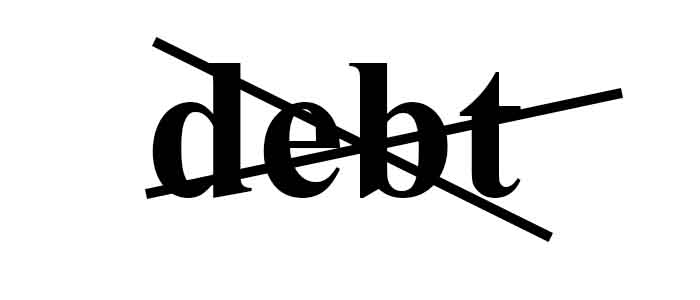Time and debt: losing one while amassing the other. “No debt will ever be paid.” [3] Baudrillard said this in 1996, referring to the Times Square billboard that tracks two related debt totals. The first is “Our National Debt,” and just below is “Your Family Share.” This family share is an inheritance, handed down from one generation to the next. Although President Clinton balanced the budget, Baudrillard recognized that this debt was nevertheless unpayable. Cash outlay could never settle a debt: “At most, it can be bought over at a bargain price to later be placed back on a debt market (public debt, national debt, global debt) where it will have become a currency of exchange.” [4] These debts aren't going away, just being shifted around interminably. Baudrillard calls them “ex-orbital.” By that he means that they bear no recognizable relation to any worthwhile human activity. They exist in a parallel universe of persistent accumulation, the same as that of information technology. Debt no longer contributes to productive commercial behavior, just as information no longer "contribute[s] to knowledge." [5] All that is left is this perverse scoreboard, this American monument to an unplayable game.

In David Graeber’s Debt: The First 5,000 Years, it is striking the way in which he challenges the traditional story about the history of debt and money. The standard account traces the origin of money to the bartering practices of early economies. As Graeber succinctly describes it, this theory argues that barter societies first developed money, and then evolved credit systems to supplement exchange. Credit, therefore, was a kind of virtual money that came about to simplify and optimize barter transactions. Because of the imperfection of a commercial system based on the double coincidence of wants, money was thought to have facilitated advanced economic transactions.
Graeber reverses this progression. He argues, based on an anthropological review of early societies and some recent discoveries of Mesopotamian credit systems, that debt precedes money. Rather than credit evolving as a kind of virtual money, economic transactions were originally “based on credit.” [6] Money served an administrative function, “created by bureaucrats in order to keep track of resources and move things back and forth between departments.” [7] Money was used in the service of accounting, and did not derive from commercial transactions that were previously based on barter. This means that money was not a necessary and practical advancement. Rather, commercial transactions were originally based on debt. This insight challenges one of the foundations of economics as a science.